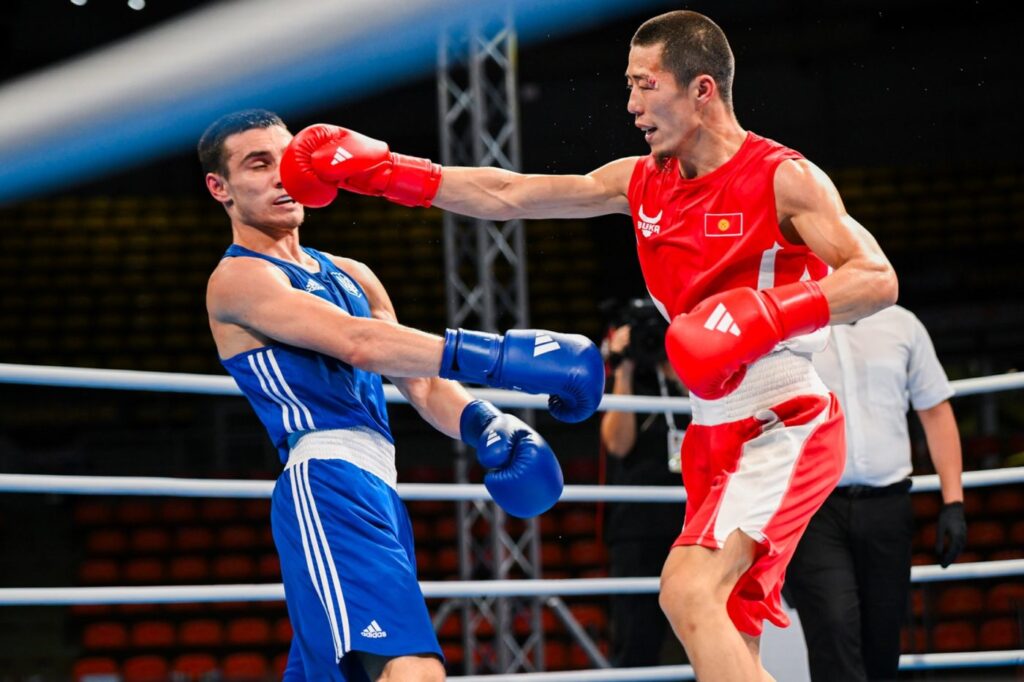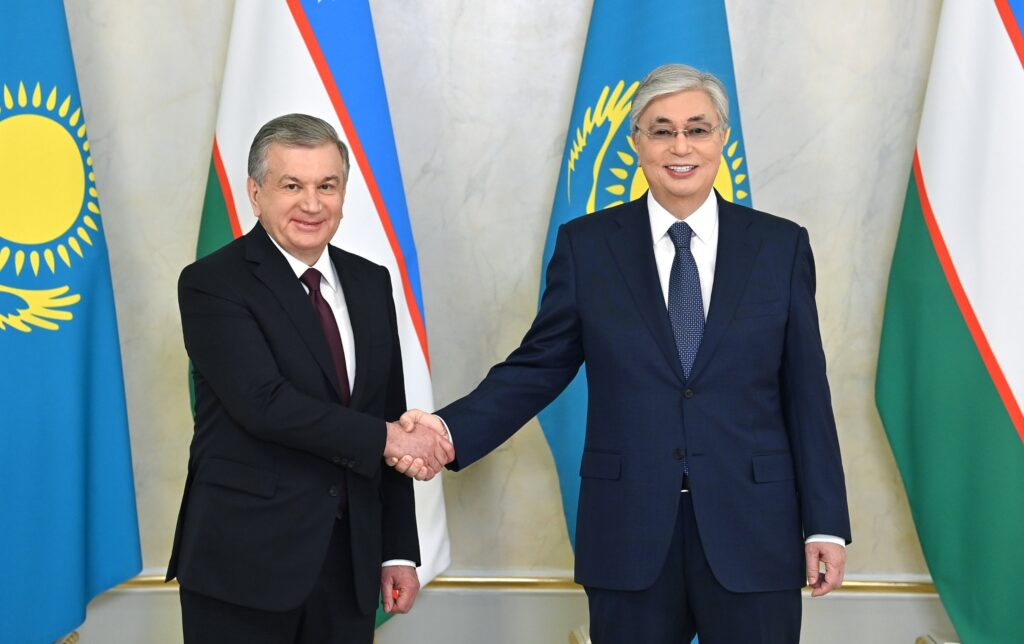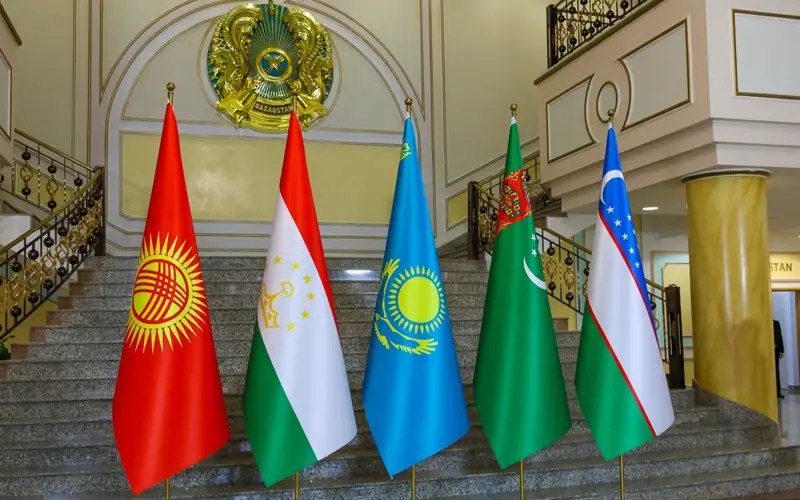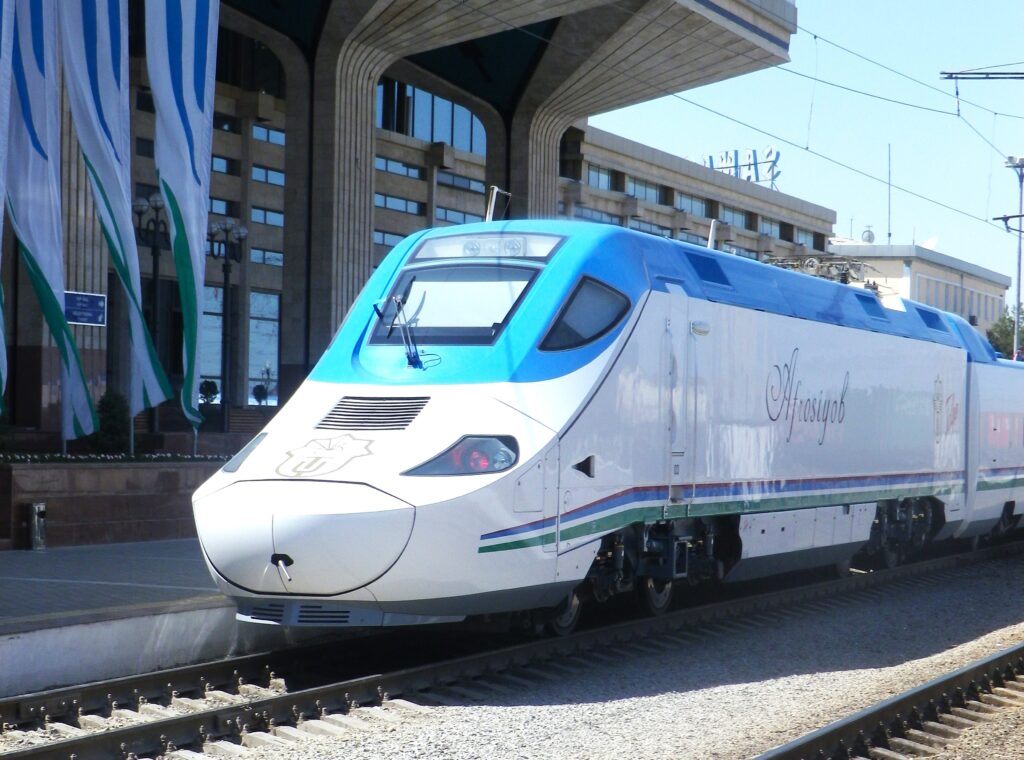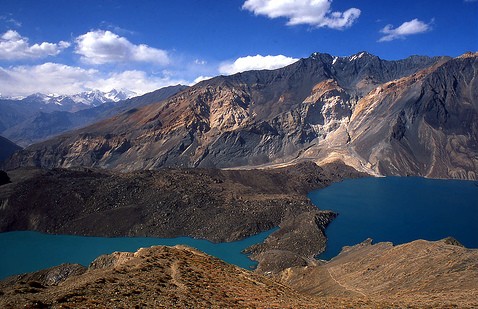Olympic Success Nudges Central Asians Closer Together in Paris
Uzbekistan’s athletes grabbed the most glory for Central Asia at the Olympic Games, delivering eight gold medals, mostly in boxing, and propelling the nation to 13th on the medal table in Paris. But the occasional displays of solidarity among competitors, coaches and fans from Central Asia were just as inspiring for those who want the region’s countries to draw closer together – at a time when the world seems increasingly perilous. One video clip from the games showed ebullient Uzbek fans in the stands with the flags of Uzbekistan, Turkmenistan, Tajikistan, Kyrgyzstan and Kazakhstan held aloft in the background. “This moment reflects the shared bonds of our region, showcasing Central Asia’s presence on the global stage at Paris 2024,” said the International Institute of Central Asia, a state-run center in Tashkent, Uzbekistan, that promotes regional cooperation. Then there was Uzbek coach Akmal Hasanov, who helped out Kyrgyz boxer Munarbek Seyitbek uulu because his personal trainer and head coach were absent. Competing in the 57kg category, Seyitbek uulu lost to Uzbekistan’s Abdumalik Khalokov in the final, but it was the first Olympic medal for a Kyrgyz boxer. “Unprecedented unity of fans from all five countries. Love, mutual cheering. Before it wasn't like this at all. I hope politicians will see a potential and will speed up integrational processes. People want it,” Nikita Makarenko, a journalist and producer from Uzbekistan, said on the X platform. The politicians see that potential, judging by recent meetings. On Thursday, Kazakh President Kassym-Jomart Tokayev and Uzbek counterpart Shavkat Mirziyoyev met in Kazakhstan and the leaders talked about cooperation, especially in trade. There are plans, for example, for an industrial facility on the border between the two countries that will speed up cargo delivery and reduce logistics costs. On Friday, Kazakhstan hosted a meeting with the leaders of Uzbekistan, Kyrgyzstan, Tajikistan and Turkmenistan, all former Soviet republics that today seek to balance their relationships with neighboring powers Russia and China, the United States and Europe, as well as relatively new partners in the Middle East and elsewhere. The goal of Central Asian solidarity – and regional security – is getting more attention as geopolitical tensions simmer, and the war in Ukraine, another former Soviet republic, shows little sign of resolution well into its third year. “Today we notice that the fundamental foundations of the system of international relations have changed. This is a dangerous phenomenon,” Tokayev said at the regional meeting. “It is clear that the current challenges can be overcome only through political dialogue and strengthening measures of mutual trust between our states.” There are moves to translate rhetoric into action. The forces of Kyrgyzstan and Tajikistan clashed as recently as 2022 over a border dispute, but negotiators of the two countries have pushed methodically toward resolution of the dispute. Last month, several Central Asian countries, plus Azerbaijan, held joint military exercises – Russia, the erstwhile security guarantor in the region, was absent. Water scarcity is acute in Central Asia, whose governments acknowledge they need to collaborate...
